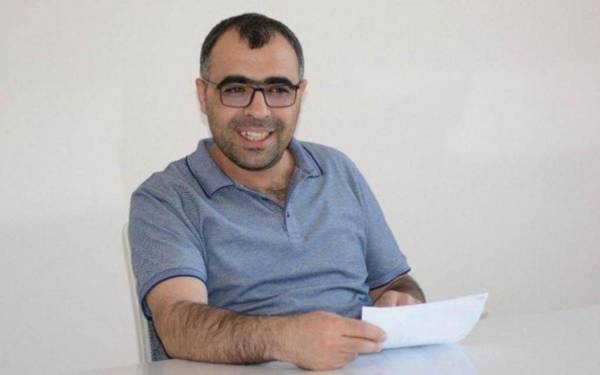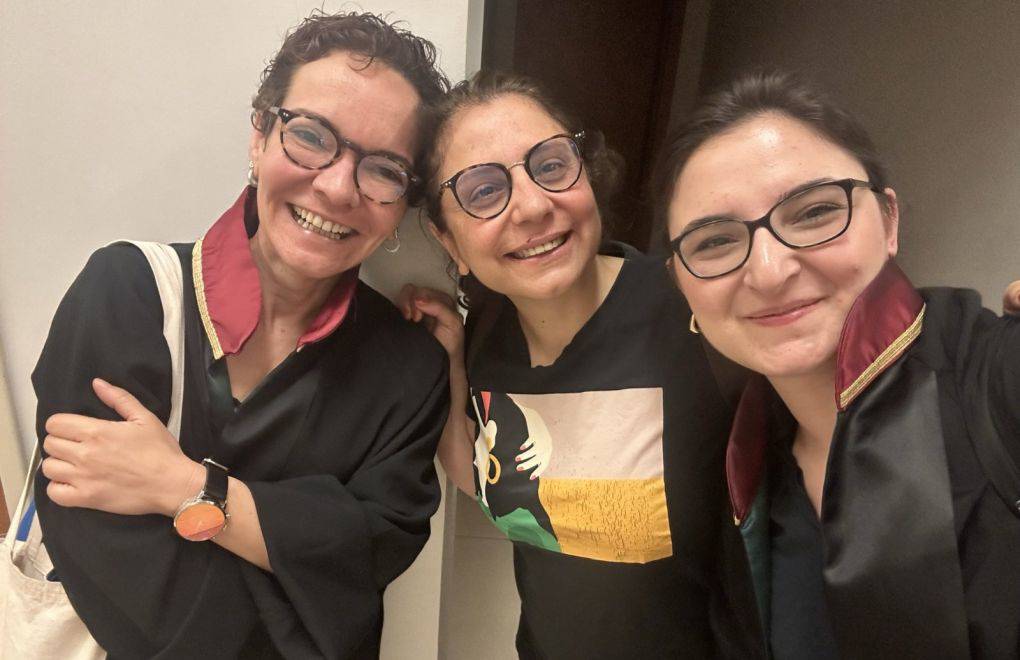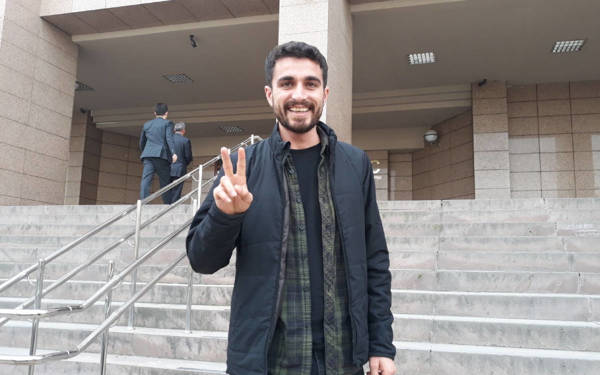PEN Norway Legal Counsel, Progressive Lawyers Association (ÇHD) General Board Member, and attorney Ceren Uysal discussed the "disinformation law," which has recently been frequently used in investigations related to journalists, with bianet.
“You can become an offender with only a retweet”
Uysal made the following statement about the effects of the law:
"In October 2022, with the omnibus law that we refer to as the disinformation law, another absurd provision was added to the Turkish Penal Code. I call it absurd because the wording of the article is so vague that it comprehensively contradicts the principles of criminal law.
In my opinion, one of the most problematic aspects of the article is that it makes everyone, and I mean everyone, a potential offender by not distinguishing between the creation and dissemination of content. Even when you retweet any news on social media, you can become a potential perpetrator of this offense."
In the last two days: Journalists Tolga Şardan was arrested as part of an investigation related to this law, Cengiz Erdinç and Dinçer Gökçe were detained. Three journalists from BirGün newspaper are under investigation for the same charge. bianet Editor Evrim Kepenek also provided a statement today as part of an investigation opened against her for the same accusation.
“Gives judges and prosecutors freedom to interpret intention”
Attorney Uysal also explained the problems that the broad interpretation in the law could lead to:
"This type of offense argues that a person must act with a specific intention, and the act must be capable of threatening public order and general health.
This points to a very serious issue. The offense gives judges and prosecutors a freedom of interpretation in two important areas: first, 'interpreting the intention of the person regarding the information they produce or disseminate,' and second, 'interpreting capability.' This wide scope of interpretation in fact allows for the punishment of any expression that is incompatible with the government."
“The law clearly contradicts with the Constitution”
The Constitutional Court will consider objections to the content of the law on November 8. Ceren Uysal says, "Under ordinary circumstances, it is impossible for this article not to be found in violation of Articles 25 to 28 of the Constitution," and she adds:
"I say 'ordinary circumstances' because expecting everything from the current judicial mechanism in Turkey is possible. However, if the Constitutional Court does not make a decision to annul this article on November 8, it is likely that the majority of freedom of expression violation decisions issued by the European Court of Human Rights (ECtHR) in the next ten years will result from the application of this article."
“The Goverment's show of force”
Attorney Uysal believes that, like other legal provisions that restrict freedom of expression, this article also aims to "deepen fear and pressure":
"This regulation is certainly striking in revealing the extent of the pressure on freedom of expression and the press in Turkey. However, I also would like to look at it from another angle. The Turkish Penal Code is filled with provisions that essentially restrict critical expression for various reasons, and unjustly. The government's insistence on adding yet another article is merely a show of force. In the background, it knows that it will definitely lose unless it deepens fear and pressure."
About the “Disionformation law”
With a 40-article law making amendments on the Press Law and some other laws passed by the Parliament last year, a new crime was added to the Turkish Penal Code (TCK).
Article 217/A, named "public dissemination of misleading information," classified 'disinformation' as a crime. The punishment for this crime is imprisonment for a period ranging from 1 to 3 years.
Despite strong opposition from the public, journalists, civil society, and opposition party members, the law was passed in the Parliament. The reason for the backlash was the vague wording of the article and its perceived threat to freedom of expression.
Article 217/A, which pertains to the public dissemination of misleading information, states:
(1) Anyone who openly disseminates false information, which is contrary to the truth and is capable of disrupting public peace, with the intention of creating fear, anxiety, or panic among the public regarding the country's internal and external security, public order, and public health, shall be sentenced to imprisonment for a period of one to three years.
(2) If the offender commits the crime by concealing their true identity or as part of an organization's activities, the penalty prescribed in the first paragraph is increased by half.
At least 26 journalists subjected to judicial pressure
At least 26 journalists were subjected to judicial pressure within the first year of the law coming into effect. A total of 29 cases have been recorded.
Investigations were launched against 14 journalists, with some of them undergoing multiple investigations. Five journalists were detained, four were arrested, and five were tried. Some of them are still facing ongoing trials.
Of the journalists who were subject to investigations, called in for questioning, detained, or tried, nine of them were targeted due to their coverage or social media posts related to the February 6 Maraş earthquakes.
Journalists undergoing investigation: Hüsniye Karakoyun, Mahmut Karakoyun, Aslıhan Gençay, Oktay Candemir, Emre Orman, Merdan Yanardağ, Canan Kaya, Yüsra Batıhan, Ahmet Kanbal, İsmail Arı, Mir Ali Koçer, Sıddık Güler, and Onur Öncü
Journalists detained: Mehmet Güleş, Gökhan Özbek, Serdar Akinan, İlknur Bilir, Dinçer Gökçe
Journalists on trial: Ruşen Takva, Oktay Candemir, Fırat Bulut, Hasan Sivri, Ahmet Kanbal, and Önder Algedik
Journalists arrested: Sinan Aygül, Tolga Şardan, Ali İmat, and İbrahim İmat
(AS/PE)









